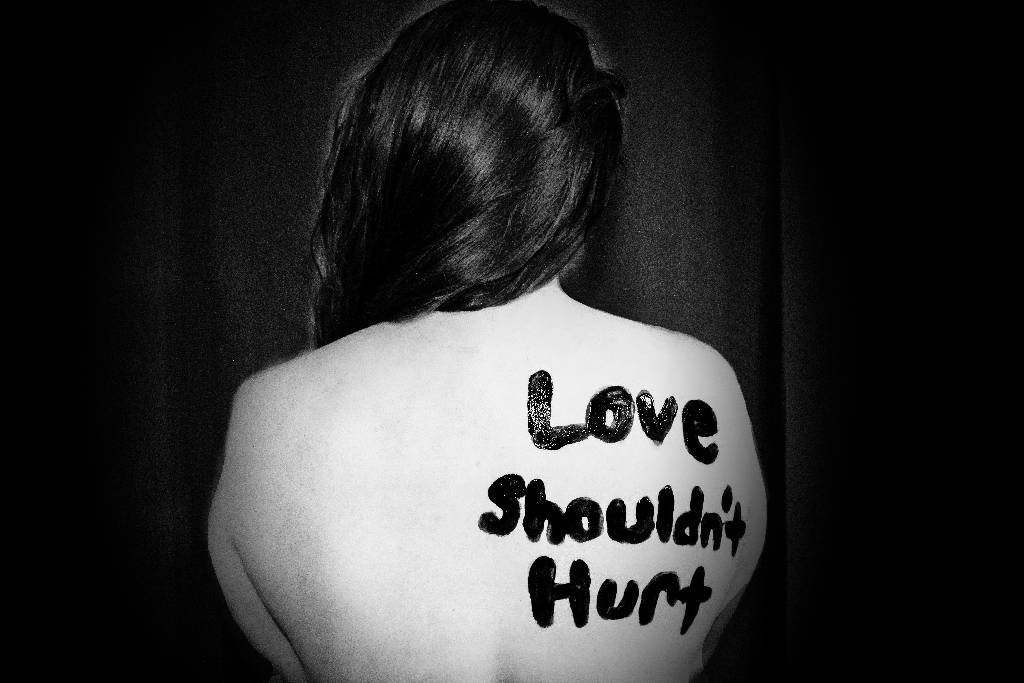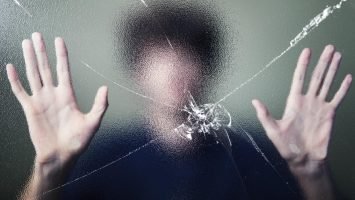Overview
For decades, relationships that encompassed verbal, emotional, psychological, financial, sexual, physical, or even spiritual abuse, were simply alluded to as ‘domestic violence.’
The 50-year-old theory of Domestic Violence (DV) equated all these acts <rightfully> as abusive. However, they had stopped short of doing deeper differentiation about the abuser. Newer science has helped us understand why some abusers change, and some do not. Why some sent to therapy or batterer intervention, reform. And while others, no matter how much treatment, simply recidivistically returned to manipulative, abusive, and even lethal behavior.
What we know is that all abusers are not equal, even if the behavior is the same. The clue lies not simply in the similarity of abusive behaviors, but the ability to change, grow, and sustain non-manipulative and consistent behavior. Those that reoffend relationally and have not benefitted from treatment, are those most likely to have a personality disorder, called a form of ‘psychopathology.’
Psychopathology is a field of psychology that focuses on the disorders with poor treatment outcomes—those that will struggle for a lifetime with limited ability to change, grow, and sustain positive and consistent behavior. That makes these abusers radically different than who domestic violence therapy and batterer intervention was created for. Those DV programs are created for those who can benefit from them, that have normal-enough psychology and can change, grow, develop insight, and consistently change their behavior.
What makes any relationship ‘toxic’ or ‘pathological’ and therefore, dangerous—is when a problem partner has disorders that limit their ability to change. That means, the odds of them remaining ‘toxic’ or permanently disordered and abusive, are extremely high. There are three disorders at the top of the list of dangerous and unlikely to sustain consistent positive change. And that means high risk for survivors of continued toxic, abusive, and pathological behavior, that can lead to a form of trauma for the survivor.
Rightfully, these disorders are some of the most complex disorders in the mental health manual called the ‘DSM’—the Diagnostic and Statistical Manual of Mental Disorders issues. Because of their complexity and low changeability, they have been nicknamed ‘The Dark Triad’ of disorders. They are indeed, ‘dark’ disorders that can cause others deep harm and we refer to these relationships as ‘inevitable harm’ because those that can’t sustain change will inevitably harm others, sooner AND later.
The disorders, which can often overlap, are: Narcissistic Personality Disorder, Anti-Social Personality Disorder, and various forms of the disorder of Psychopathy. How they overlap is less important than the core features they share. The core features that cause ‘inevitable harm’ to others is low/or not existing ‘conscience/remorse/guilt,’ ‘low/or not existing empathy,’ ‘low/or not existing insight about their behavior,’ and ‘poor impulse control’ that leads to an inability to sustain changed behavior.
These ‘red zone disorders’ top the list of:
- Repeated (recidivistic) behavior.
- Failed effective treatment.
- Higher injuries/lethality to survivors.
- Manipulation of systems they are put in.
Whether we call them ‘toxic’ or ‘pathological’ relationships, the survivors of these types of relationships face higher risk of developing trauma from them and need specialized care that does not simply ‘lump’ these relationships into a generic broad-based approach of domestic violence. What a narcissist, anti-social or psychopath can do, and does, to others is clearly more damaging than merely a situational abuser.
Over the months/years/decades of exposure to someone’s severe psychopathology, can and does cause unique harm. For 30 years, The Institute for Relational Harm Reduction has had as a mission, to bring this differentiation to awareness—that not all abusers are equal and these are the particular ones the public needs to be aware of to avoid these relationships, or heal from them.
** Excerpted in part from our book 3rd Edition of Women Who Love Psychopaths. This article and theory are our copyrighted intellectual and research property and should be quoted as such.







